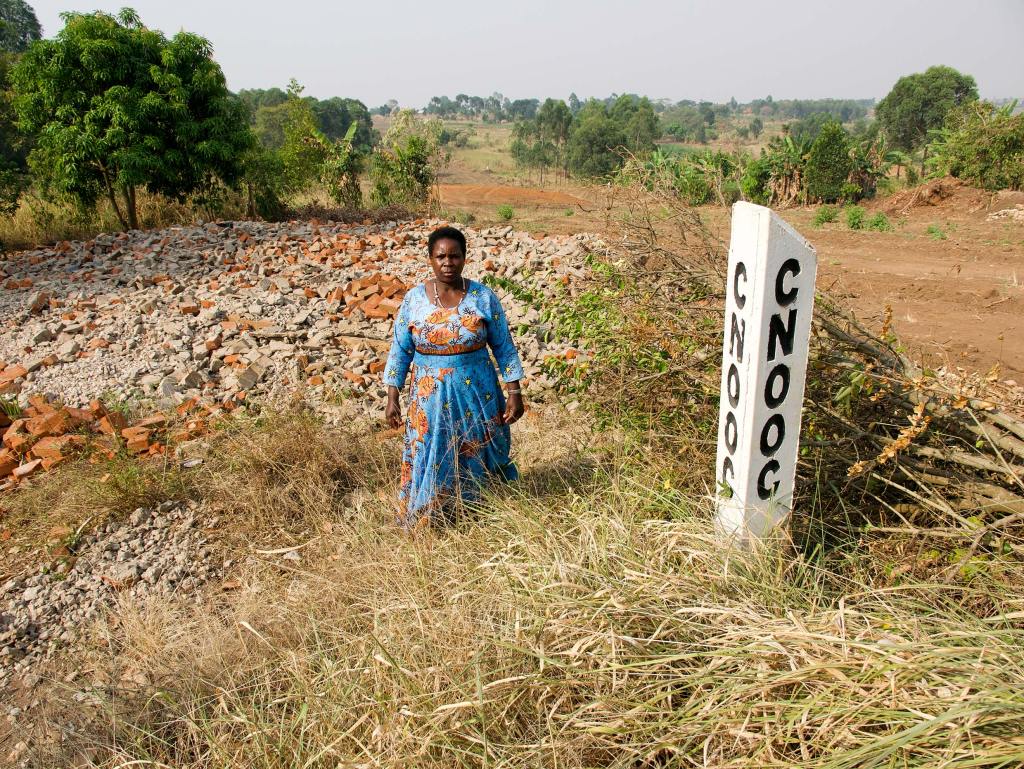Kampala, November 21 2023
Despite public denouncements of the controversial EACOP pipeline, these investors continue to plough USD five billion into one of the pipeline’s problematic Chinese shareholders.
In the wake of multiple reports on EACOP’s harmful impacts on human rights, climate and the environment, many leading Western financial institutions have pledged to withdraw their involvement in this project.
In recent years, banks like Citigroup, HSBC, Mizuho, Société Générale, Mitsubishi UFJ, Credit Suisse and JP Morgan Chase have formally stated that they will not be a part of EACOP
Yet despite these public commitments, research by Just Finance International (JFI) has found that all the above-mentioned banks — as well as several other leading investors — are still backing EACOP through one of its consortium partners: the Chinese parastatal oil company China National Offshore Oil Corporation (CNOOC).
Since 2018, the consortium behind EACOP – led by the French multinational TotalEnergies – has acquired farmland and residential areas along the 1,443 km pipeline route between Uganda’s Lake Albert and the shore of Tanzania. According to a European Parliament resolution, this has placed over 100,000 people in Tanzania and Uganda at risk of imminent displacement.

EACOP will also threaten the biodiversity in the region. The pipeline will cross seven forest reserves, two game reserves, two game-controlled areas and one open area supporting wildlife management. In total, the pipeline will cover 295 km of conserved and protected lands and impact nearly 2,000 square kilometers of protected wildlife habitats.
JFI has reported frequently on human rights violations, including disruptions to the livelihoods of hundreds of families due to inadequate compensation for loss of their land, crops and houses.
An analysis of available investment data by JFI shows that between 2016 and 2022 Western investors provided CNOOC with loans worth 4.7 billion USD. The market value of the 10 biggest shareholders was 342 million USD in December 2022.
JFI urges CNOOC shareholders and investors to apply pressure on the company and its operations in Uganda and Tanzania. CNOOC must adopt greater transparency in their activities and impacts, as well as open communication with the local communities, media and civil society. The company must ensure compliance to the UN’s ethical guidelines of which they are signatories. If CNOOC fails to meet these standards, its investors must immediately cease their financial support of the company.
Contact:
Just Finance International
[email protected]
About Just Finance International
Just Finance works to ensure that the public budget spent globally on development and infrastructure finance is contributing to the advancement of sustainability for populations and the environment.

